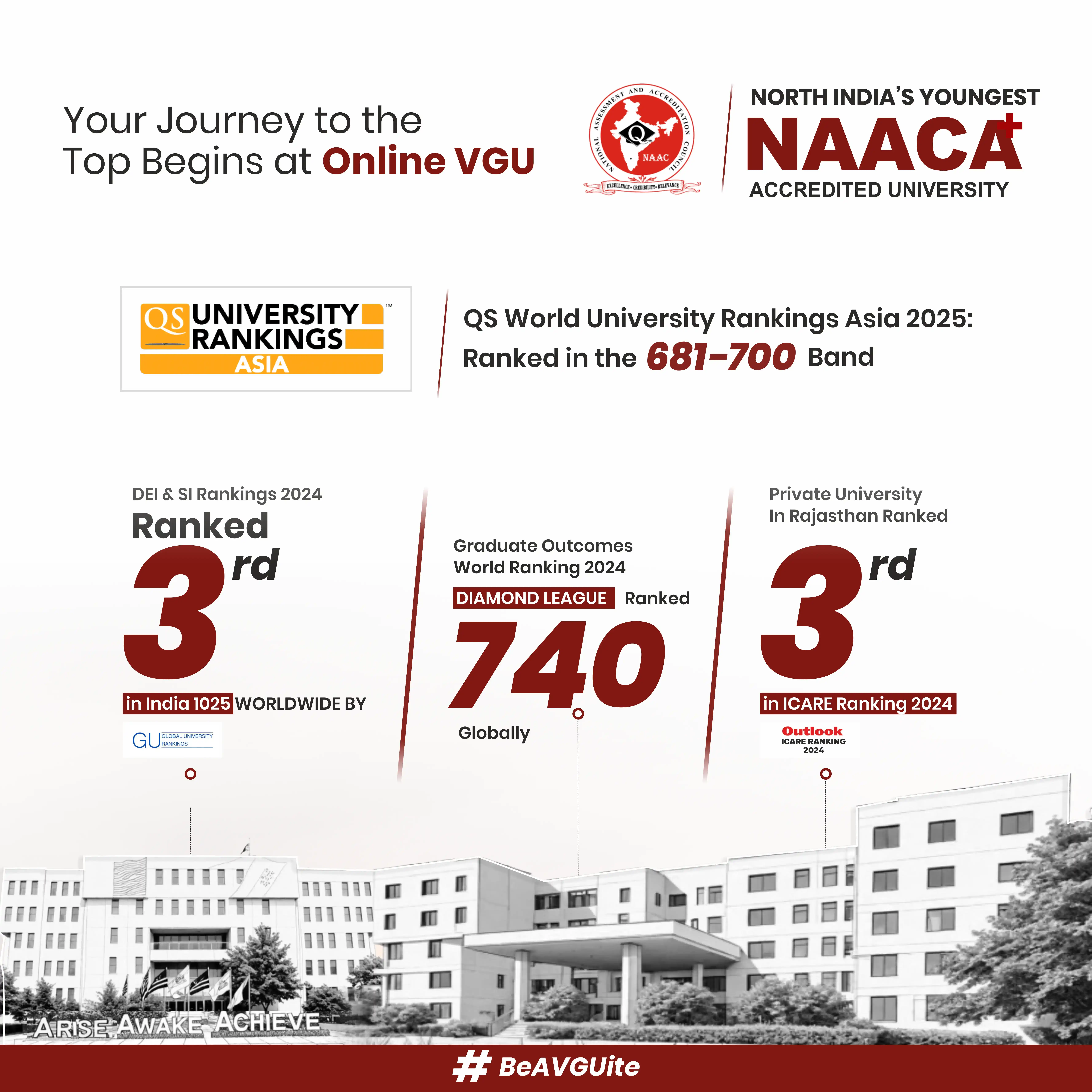Is an Online MA Course a Smart Choice for Graduates?

Strong 8k brings an ultra-HD IPTV experience to your living room and your pocket.
In an age where education is evolving beyond classrooms, many students are choosing digital platforms to pursue higher studies. One increasingly popular option is the online MA course, particularly for those inclined toward the humanities, social sciences, and liberal arts. But the question remains—how smart is it to pursue a Master of Arts online? Does it offer real academic and career value, or is it simply a matter of convenience?
Let’s explore what the online MA course offers, who it’s suited for, and what outcomes you can expect after graduation.
The Changing Landscape of Education
Thanks to digital transformation, learning no longer requires physical presence. Online degrees are now recognized and accepted by employers and educational institutions alike—especially when offered by UGC-approved and NAAC-accredited universities.
An online MA course allows students to study from anywhere, on their own schedule. This flexibility makes it especially appealing to working professionals, parents, or those who may have missed the chance to attend college earlier in life. Additionally, it supports continued learning without disrupting one's current lifestyle.
What Does the Online MA Cover?
The Master of Arts (MA) is a postgraduate degree in subjects like English, History, Sociology, Political Science, Psychology, Public Administration, and more. The online MA course typically spans two years and is structured into four semesters.
The curriculum blends academic theory with analytical and research-based learning. In the middle of the course, students engage in:
In-depth readings and literary analysis
Writing research papers or essays
Group discussions and virtual seminars
Presentations and case studies
Optional project or dissertation work
This structured approach helps students sharpen their communication, critical thinking, and writing skills—attributes that are essential across many industries.
Who Should Opt for an Online MA?
An online MA course is ideal for a variety of learners:
Graduates in arts or social sciences who want to deepen their subject expertise
Teachers and educators looking to upgrade their qualifications
Civil services aspirants or those preparing for competitive exams
Working professionals in media, NGOs, content writing, or public relations
Anyone with a strong interest in humanities and an eye on long-term academic or research goals
The degree also acts as a stepping stone to a Ph.D. or further specialization in your chosen field.
Affordability and Accessibility
Compared to on-campus programs, an online MA course is often more affordable. There's no need for relocation or daily commuting, and study materials are usually provided digitally. Most universities also offer EMI plans or scholarships, making postgraduate education more inclusive than ever before.
Students from smaller towns or remote areas can access world-class education that was previously unavailable to them. This levels the playing field and provides more opportunities for academic growth.
Career Opportunities After an Online MA
While many believe arts degrees limit job prospects, that’s far from the truth. An online MA course equips students with valuable skills applicable across sectors. Depending on your specialization, career paths include:
Teaching and Academia
Research and Policy Analysis
Journalism and Media
Civil Services
Corporate Communications
Human Resources
Non-Governmental Organizations (NGOs)
Content Development and Editing
Counseling and Psychology (with relevant MA disciplines)
With the rise of digital content, social impact work, and remote work models, demand for skilled humanities professionals is growing.
Online MA vs Traditional MA
Is an online MA course as effective as a regular one? In terms of content and accreditation—yes. Many top universities now offer the same curriculum online as they do in offline settings.
What matters is how engaged the student is. Online learners often become more independent, self-motivated, and tech-savvy—traits that employers highly value in today’s digital workplace.
Moreover, the flexibility of online learning allows students to intern, work part-time, or freelance while studying—giving them practical experience alongside academic learning.
Challenges and How to Overcome Them
Despite its benefits, an online MA course comes with certain challenges:
Lack of face-to-face interaction
Distractions at home
Time management struggles
Limited access to physical libraries or campus resources
To overcome these, students should create a study routine, participate actively in virtual discussions, seek mentorship from faculty, and use online academic resources like e-journals and databases.
Joining study groups or forums can also replicate the collaborative environment of a traditional classroom.
Final Verdict: Is It Worth It?
If you are passionate about your subject, want the flexibility to learn on your own terms, and aim for long-term growth in academia or the professional world, then yes—an online MA course is absolutely worth it.
It offers the same depth of study as a traditional MA, with added convenience and often at a lower cost. For those willing to put in the effort and stay committed, it opens up doors to meaningful and fulfilling careers in education, research, media, governance, and more.
In a world that values knowledge, communication, and analysis—skills rooted in the arts—an online MA is both a smart academic investment and a step toward a richer intellectual life.
Note: IndiBlogHub features both user-submitted and editorial content. We do not verify third-party contributions. Read our Disclaimer and Privacy Policyfor details.



